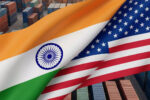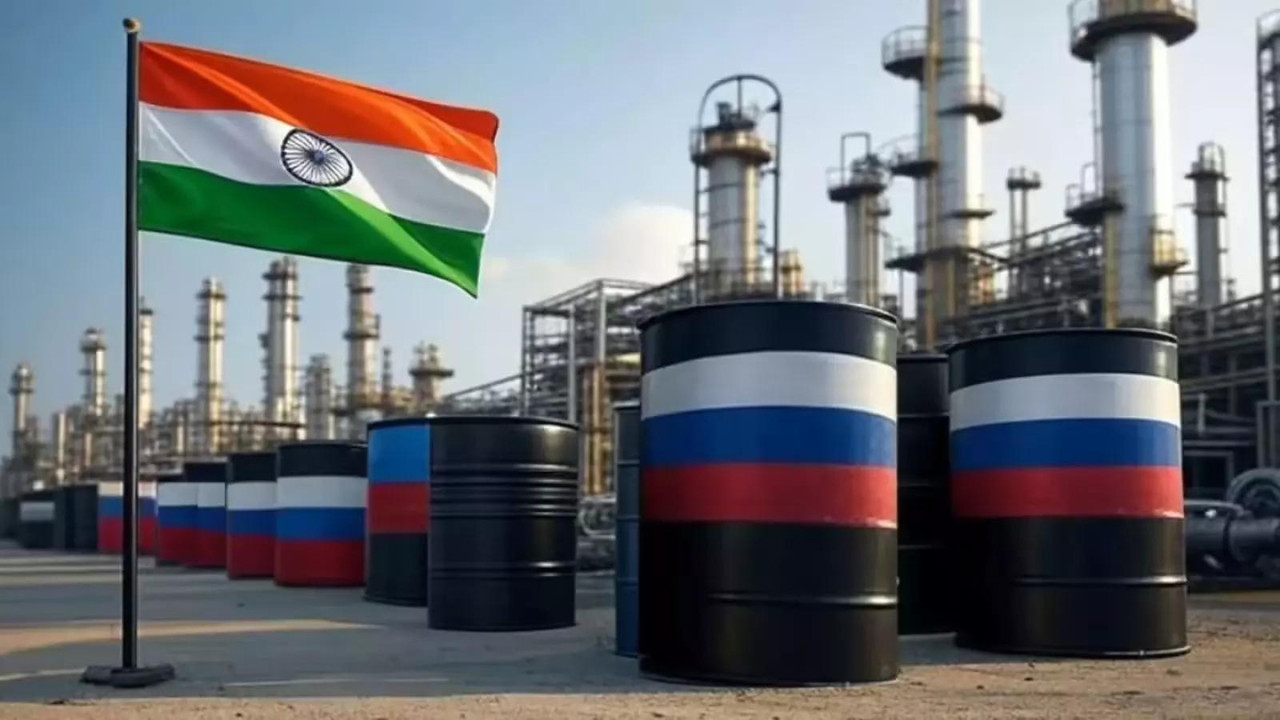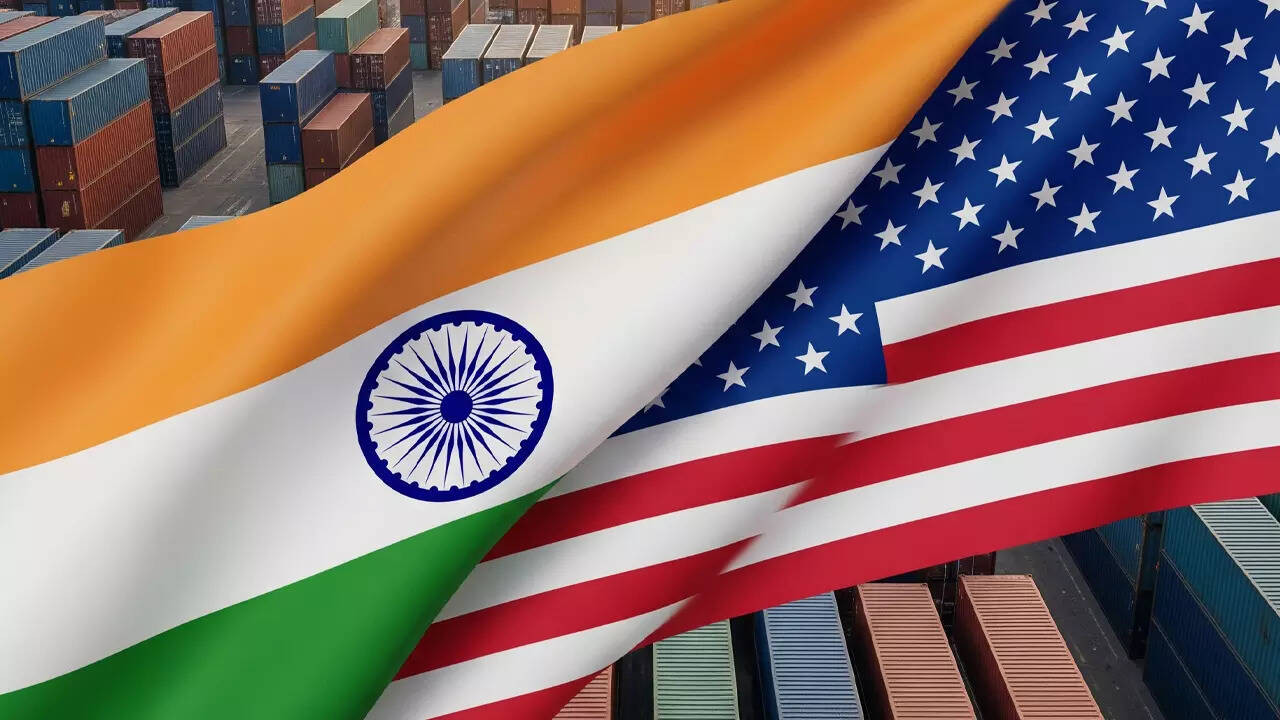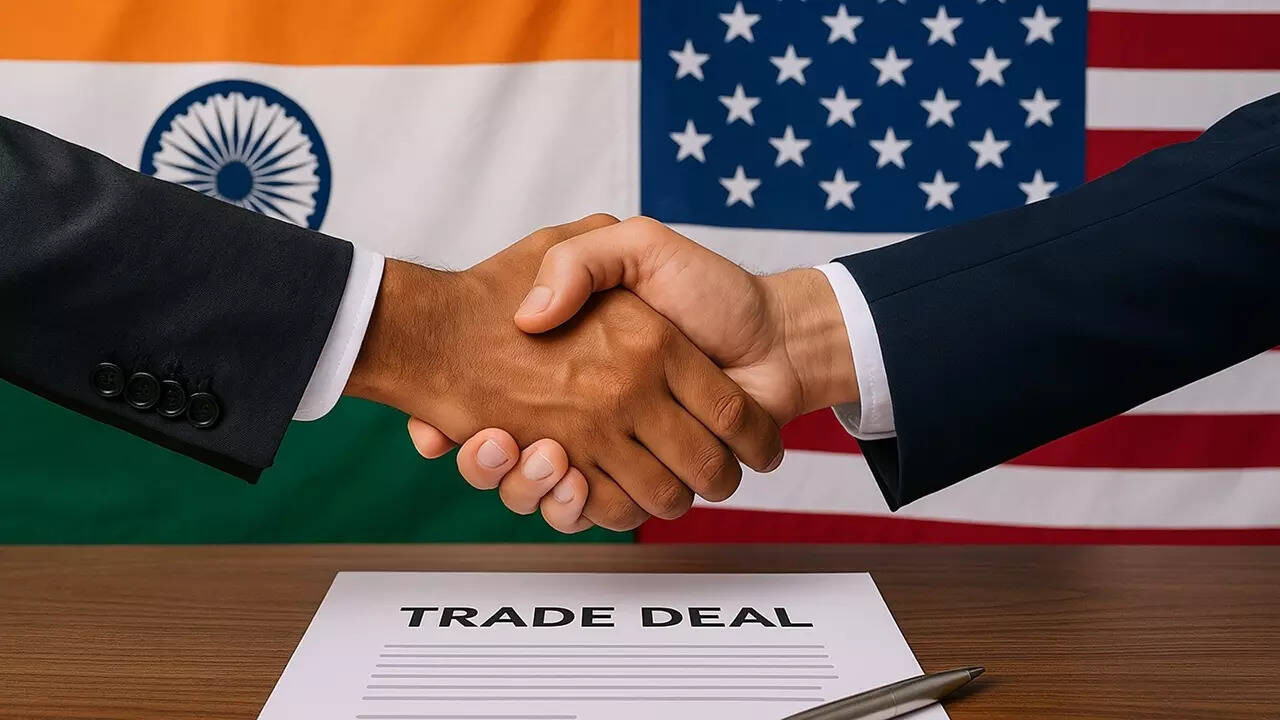Commerce Minister Piyush Goyal affirmed India’s commitment to self-reliance and resilient supply chains, countering global trade disruptions and weaponization, even as new US tariffs loom. He underscored India’s significant investment potential.
Navigating the New World Order: India’s Path to Self-Reliance
The global winds are shifting. We’re witnessing a recalibration of international trade, driven by both geopolitical tensions and a growing recognition of the vulnerabilities inherent in overly interconnected supply chains. India, recognizing these undercurrents, is charting a course toward greater self-reliance, a strategy that’s not about isolation, but about resilience.
Think of it like this: you wouldn’t build a house with only one support beam, would you? Similarly, relying entirely on a single source for essential goods leaves a nation exposed to disruption – whether that disruption comes in the form of a pandemic, a political conflict, or simply a shift in economic priorities.
Piyush Goyal, India’s Minister of Commerce and Industry, recently articulated this vision with clarity, emphasizing the importance of building robust domestic capabilities and diversifying supply chains to mitigate potential risks. His message resonated with the understanding that in an increasingly unpredictable world, strategic autonomy is paramount.
The Rise of “Atmanirbhar Bharat”: A Vision of Self-Reliant India
The “Atmanirbhar Bharat” (Self-Reliant India) initiative isn’t a knee-jerk reaction to global uncertainty; it’s a long-term strategy aimed at strengthening India’s economic foundations. It’s about fostering innovation, encouraging domestic manufacturing, and creating a business environment that empowers Indian entrepreneurs to compete on the global stage.
This doesn’t mean turning inward. On the contrary, a self-reliant India is a more confident and capable trading partner. By reducing its dependence on specific nations for critical resources and technologies, India can engage in international trade from a position of strength, negotiating fairer deals and contributing more effectively to the global economy. The key is achieving a balance between global engagement and domestic strength.
Countering the “Weaponization” of Trade
Minister Goyal also cautioned against the “weaponization” of trade, a phenomenon where economic interdependence is exploited for political leverage. Imagine a scenario where access to essential medicines or critical technologies is suddenly restricted due to geopolitical disagreements. This kind of vulnerability can severely compromise a nation’s security and well-being.

Building resilient supply chains is therefore not just an economic imperative, but a matter of national security. It requires a multi-pronged approach, including identifying strategic sectors, diversifying sourcing options, investing in research and development, and fostering collaborations with like-minded nations. We have to ask ourselves: how can we safeguard ourselves in an environment where trade relationships can be manipulated?
Building Resilient Supply Chains: A Path Forward
Creating truly resilient supply chains requires a fundamental shift in mindset. It’s about moving beyond the pursuit of short-term cost efficiencies and embracing a more holistic approach that considers long-term risks and vulnerabilities. This means investing in domestic manufacturing capabilities, developing alternative sourcing options, and fostering greater transparency and collaboration across the supply chain.
Consider the pharmaceutical industry, for example. By encouraging the domestic production of Active Pharmaceutical Ingredients (APIs), India can reduce its reliance on imports and ensure a stable supply of essential medicines for its citizens. Similarly, investing in the development of renewable energy technologies can reduce dependence on fossil fuels and enhance energy security.
Furthermore, this initiative links seamlessly with the government’s push for infrastructure development. Improved ports, better roads, and a streamlined logistics network are essential for facilitating the efficient movement of goods and enhancing India’s competitiveness in the global market. This will help strengthen India’s domestic economy.
It’s a complex undertaking, demanding strategic foresight and a willingness to adapt to evolving global dynamics. But the potential rewards are substantial: a more secure, prosperous, and self-reliant India, better positioned to navigate the challenges and opportunities of the 21st century. The Indian economy must be more adaptive.
India’s pursuit of self-reliance isn’t about closing doors; it’s about strengthening the foundation upon which it engages with the world. It’s a strategic imperative, a path toward greater economic security, and a testament to India’s commitment to building a more resilient and equitable global order, as well as fostering innovation in Indian startups. See related content on Indian startup investments.







